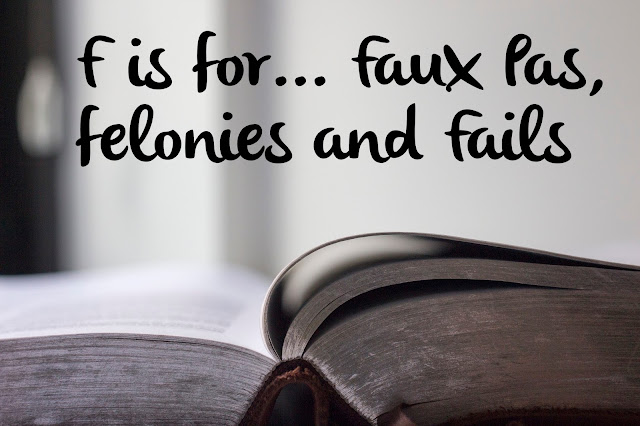November is the quiet before the storm that is the Christmas
season. There’s nothing better than a crisp walk past the bare trees, trampling
leaves underfoot or sitting inside with a cosy, hot drink. Pour yourself an
enormous hot chocolate as you read through my November reflections…
Quote
‘If I knew where the good songs came from, I’d go there more
often. It’s a mysterious condition. It’s much like the life of a Catholic nun.
You’re married to a mystery’ – Leonard Cohen
This eloquent quote from the late, great Leonard Cohen highlights
the strange relationship between artists and the creative energy they tap into.
Cohen’s Tower of Song is a great
exploration of this and the lyrics seem more poignant than ever now he’s gone.
Reading
I Capture the Castle
was one of my favourite books growing up, so I was eager to read another Dodie
Smith – The Town in Bloom. It tells
the story of the endearing protagonist, Mouse, a young girl who comes to post
war London to pursue a career in theatre. Whilst there, she encounters
heartache, disappointment and testing friendships. I found it to be a beautiful
exploration of the impact our youthful decisions have on us in later life. I
loved being immersed in that theatrical world too.
Writing
This month I’ve been thinking about titles – mainly because
I’ve been trying to come up with one for a new book. It’s quite odd to be working
on a novel without a title, especially when names are so significant. Coming up
with a good title is difficult because it should capture the essence of what
your work is. I’m going to try free associating, writing words that come to
mind when I think about the book, and see what happens.
Focus on…. Time
I was intrigued this month by an article in the December
issue of Psychologies called ‘Get
Time On Your Side’ by Eleanor Tucker. Tucker examined how our perception of
time affects our lives. She emphasises that time is a Western concept and that
we have a habit of talking of time like it’s a currency – time is running out,
short on time, waste of my time etc. I liked the description of the Madagascan
concept of time: ‘the future is seen as flowing into the back of the head, or
passing from behind, then becoming the past as it stretches out in front…the
future is behind the head because it is as yet unknown and invisible.’ Assess
your relationship with time by thinking about when time goes slowly versus when
time flies. How can you stretch time to fit in more of what you love?
Three things to look forward to in December:
1. Christmas and all the trimmings, of course!
2. The inexplicable excitement of waking up to a
tiny piece of advent chocolate each day.
3. Family and friends, festivities and frivolities.
Posts to Catch up on:
- Early Birds vs Night Owls
- A Literary Alphabet: F is for...Faux Pas, Felonies and Fails
- Clutter and Treasure
- A Literary Alphabet: E is for Endings
- 17 Questions for Creative Growth
How was your November?! Leave a comment below!























